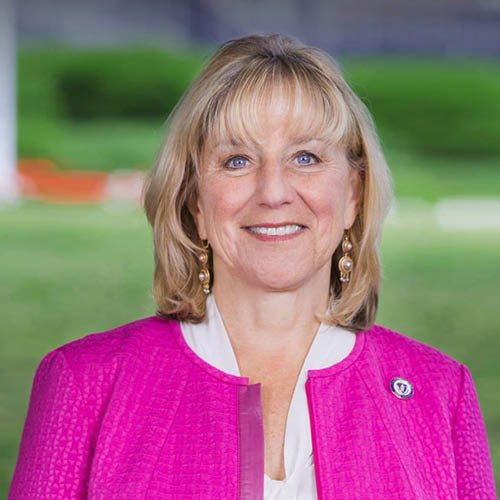Budget provision improves tax break for parents, caregivers

Shira Schoenberg | Commonwealth Magazine | July 14, 2021
While an expansion of the federal child tax credit is grabbing headlines, a provision giving low-income parents more of a break on their state taxes is sitting on Gov. Charlie Baker’s desk.
A proposal developed by Senate President Karen Spilka and Senate Ways and Means Chair Michael Rodrigues and included in the final version of the fiscal 2022 state budget, would make refundable two state tax credits meant to help parents. What that means is for families who have a low enough income that they do not pay state income taxes, or pay only a tiny amount, they would get a check for the money that they would otherwise have been able to deduct from their tax payments.
“We know that the pandemic has had a disparate impact on families struggling to break through the cycle of poverty,” Rodrigues said in an interview. “So by transforming what was heretofore a tax deduction into a tax credit, it will be able to help many more low-income families deal with the high cost of child and elderly care.”
Baker, who has line-item veto power, has not yet acted on the budget.
If the tax change becomes law, it would go into effect for the 2021 tax year.
The provision relates to two different deductions. One allows anyone who pays for childcare or care of an elderly or disabled dependent while they are working to deduct from their taxable income up to $4,800 for one dependent or $9,600 for two. The second lets anyone who has a child under 12 or an elderly or disabled dependent deduct $3,600 for one dependent or $7,200 for two, regardless of whether they pay for their care. A person can only claim one of these two deductions on their taxes.
With the state’s 5 percent tax rate, the maximum tax benefit someone can get from these provisions is $480.
The change proposed in the budget would make the benefit refundable for those not paying income taxes, meaning they could be eligible for a check or $480 from the Department of Revenue.
Senate officials have estimated that the change would give $16 million to 85,000 low-income families, with an average payment of $190 per family.
Rodrigues says he hopes the money will help families who are returning to work post-pandemic and dealing with the high cost of childcare.
Rodrigues said the state initiative builds on what the federal government did with the American Rescue Plan Act by expanding the federal child tax credit. “The federal government recognized that families, especially low-income families, are struggling with the cost of childcare, and we thought it was important that we on a state level recognize that also,” Rodrigues said.
Senate President Karen Spilka said in a statement that she is proud to champion the change in order to support low-income families and address racial inequality. “Working families are the backbone of our economy, and yet the COVID-19 public health emergency has only deepened the caregiving crisis many families face,” Spilka said.
